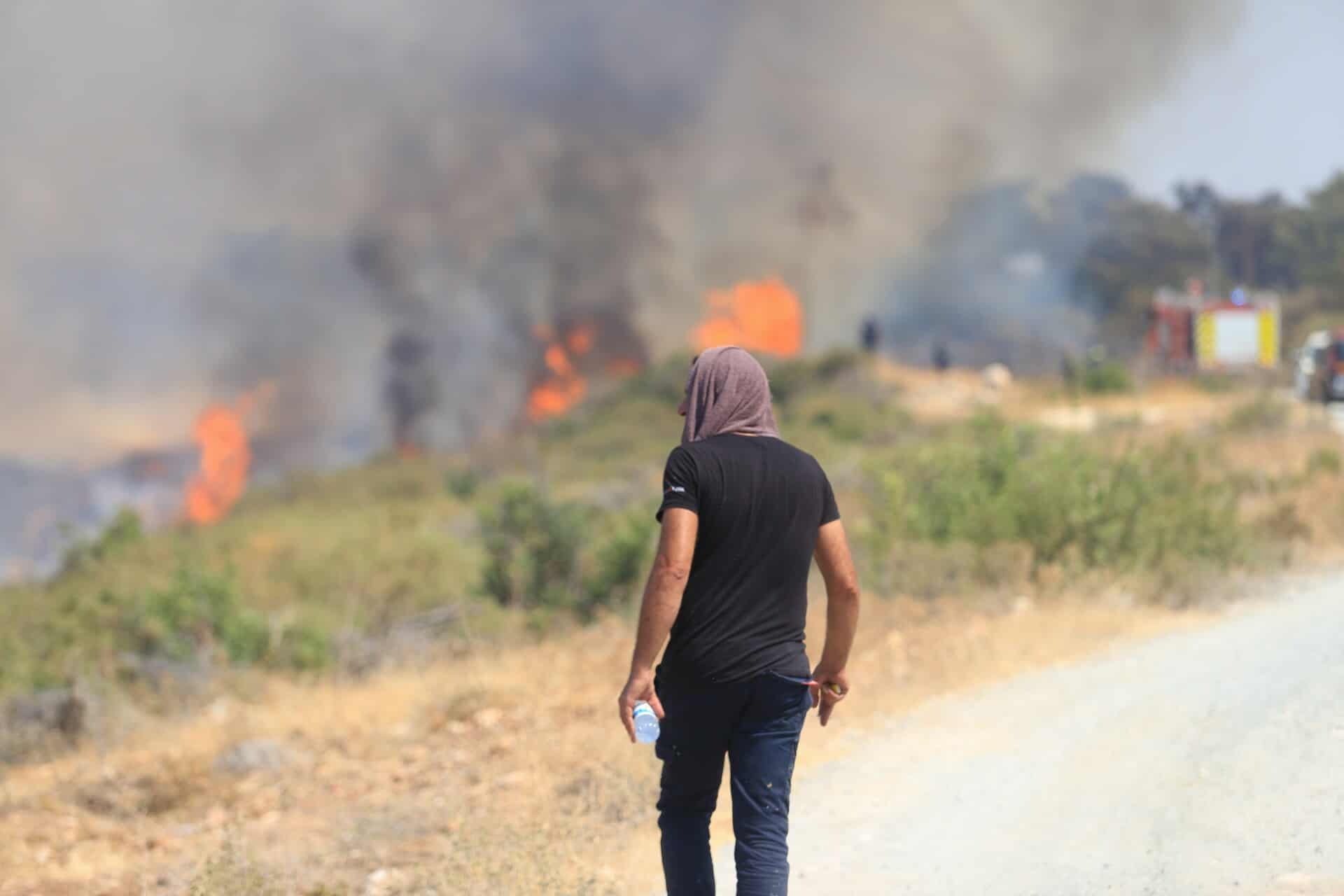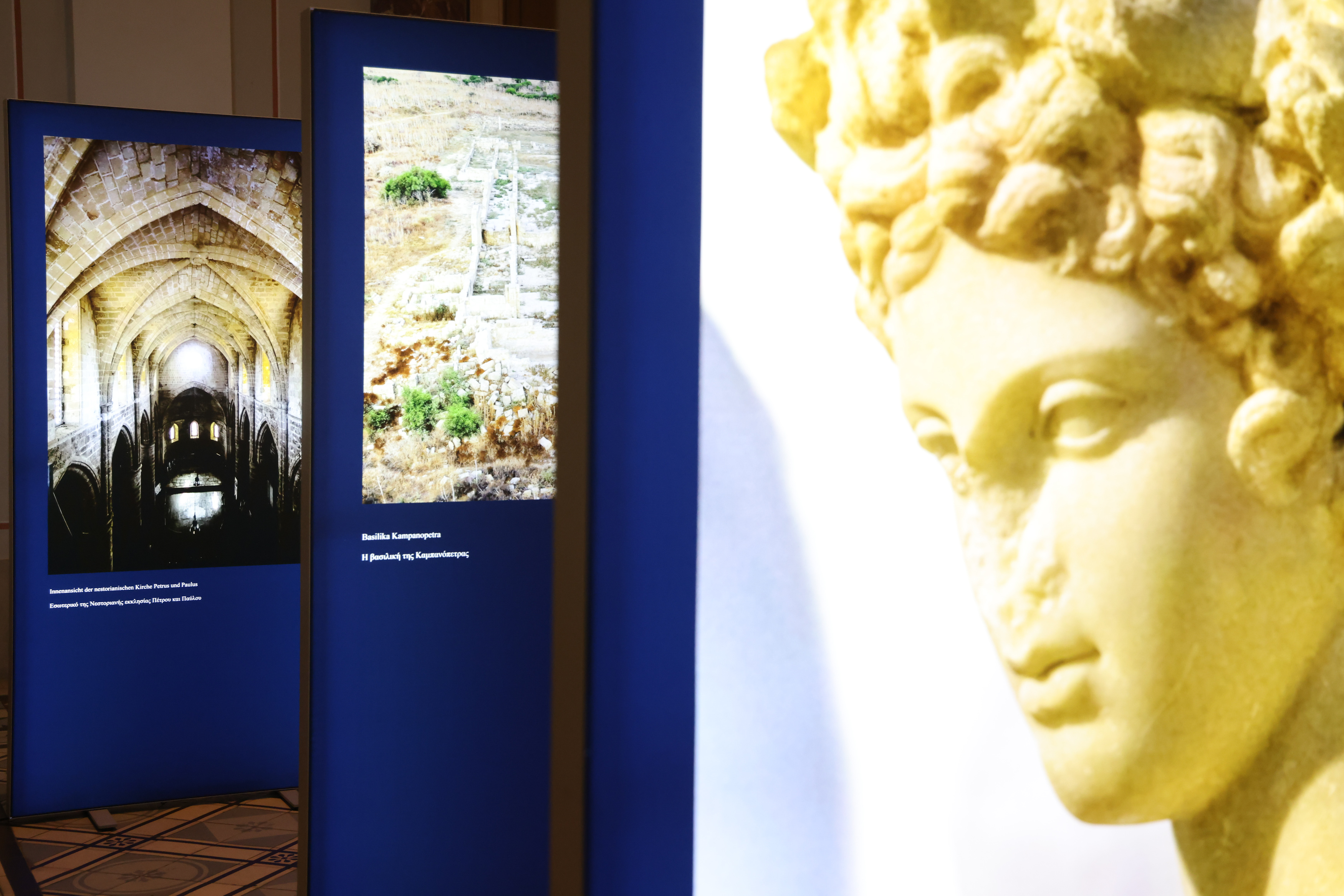10 years, eight dead: Remembering Cyprus’s deadliest fires
Source: in-cyprus.com
Cyprus has experienced its third catastrophic wildfire within a decade, with the current blaze covering 125 square kilometres and claiming two lives, whilst Fire Chief Nikos Longinos confirms deliberate arson attempts continue across multiple regions during the ongoing emergency response.
The fire in mountainous Limassol is the second-largest wildfire in Cyprus’s modern history, destroying 191 homes across fifteen villages and leaving communities without electricity or water supply. Two people died after becoming trapped in their vehicle whilst attempting to evacuate from Sylikou.
Police spokesperson Kyriaki Lambrianidou confirmed investigations into fire causes in Limassol province remain ongoing. No arrests have been made for the fires due to insufficient information, nor for any looting or theft incidents at damaged properties.
Systematic pattern
The current disaster follows a destructive pattern occurring approximately every four years, with each major incident claiming lives and devastating extensive areas. Human causes have been identified or suspected in all three major fires, raising concerns about deliberate targeting during high temperature periods.
The 2016 Solia fire killed two firefighters—Andreas Sofocleous, 49, and Marios Aristotelous, 44—when their tanker overturned during frontline operations on 19 June. Investigation revealed a minor allegedly caused the fire whilst playing with a lighter near a holiday home. The blaze consumed 18.57 square kilometres over four days, requiring firefighting forces from Cyprus and abroad alongside numerous volunteers to achieve control.
The July 2021 Arakapas fire proved deadliest, claiming four Egyptian agricultural workers who became trapped in their double-cabin vehicle in the Ora area.

The human-caused fire destroyed 55 square kilometres, affecting communities including Odou, Melini, Ora, Vavatsinia, Sykopetra, Eptagonia and Agioi Vavatsinias, whilst destroying 38 homes and 11 commercial buildings.
[embedded content]
Historical context
The largest fire in Cyprus history occurred on 17 July 1974, burning 216 square kilometres in the Lefka area following confirmed arson two days after the coup and three days before the Turkish invasion. Witness accounts directly linked the fire to political developments of that period.
Other significant incidents include the 2000 Vavla fire covering 52 square kilometres, affecting Lagia, Ora and Vavatsinia before containment. The following year, a fire in Paphos consumed twenty square kilometres, damaging vineyards and resident properties.
The 2012 Kato Drys fire on 12 August burned 16.36 square kilometres, with homes and properties narrowly escaping destruction. The 2008 Ora incident on 18 June consumed 13 square kilometres in an area later affected by the 2021 fire.
A 19 June 2013 Choirokoitia fire burned ten square kilometres after spreading through Agios Theodoros, Vavla and Ora.
Systemic failures
Initial response capabilities have consistently proven inadequate during the critical early hours of major fires. Resident testimonies and outcomes suggest insufficient early intervention, whilst communication failures left affected communities without proper guidance, forcing local authorities to manage situations beyond their expertise and resources.
The current system continues to demonstrate inability to respond effectively to large-scale fires, despite repeated commitments following each disaster. Early warning systems for community evacuations remain inadequate, with successive evacuation messages reflecting reactive rather than proactive emergency management.
A 69-year-old man received eight years imprisonment for causing the 2021 Arakapas fire—the harshest penalty imposed for malicious fire-starting in Cyprus.
The The Law Office stated the defendant “deliberately and illegally set fire to the riverbed near his garden to burn dense vegetation and clear the river,” then abandoned the scene as emergency services mobilised.
An appeal has been lodged against the sentence.
Read more:
The original article: belongs to in-cyprus.com .




